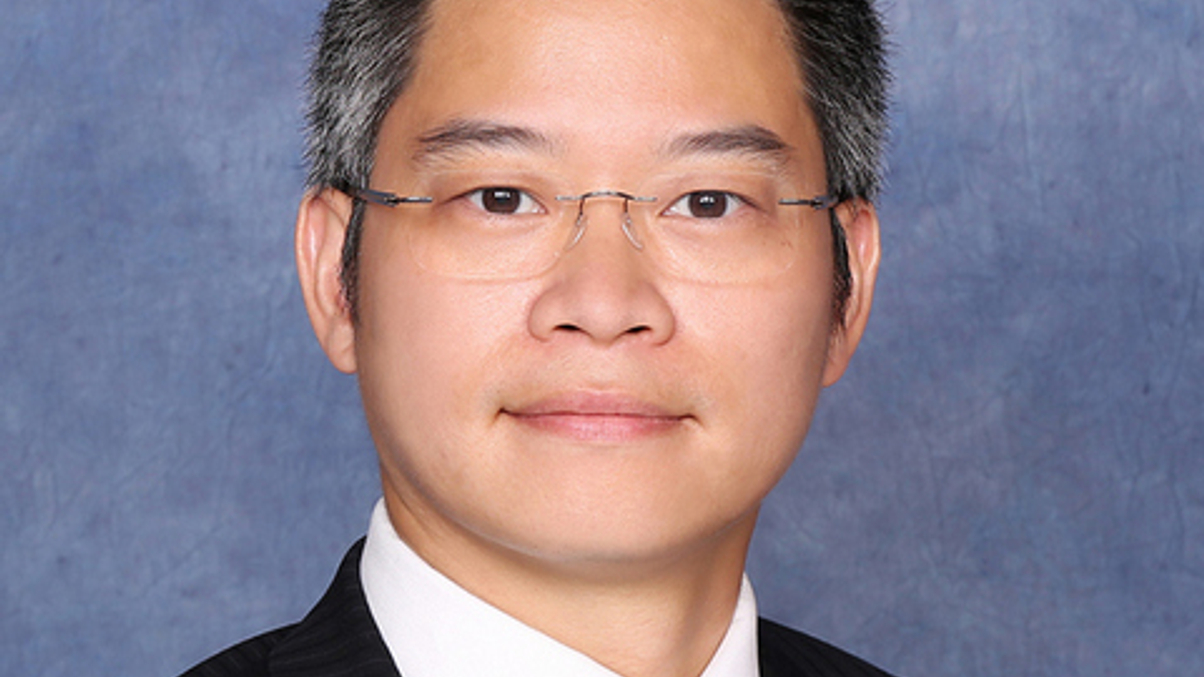Chinese hedge funds pour into Hong Kong
Oriental Patron, a hedge fund incubation platform, has onboarded seven start-ups this year and expects to add eight more by end-2016. Tomorrow we feature interviews with two such firms.

Chinese asset managers are lining up to put operations in Hong Kong in order to attract international clients; the city’s markets regulator is said to be flat out processing licence applications from mainland firms.
Sign in to read on!
Registered users get 2 free articles in 30 days.
Subscribers have full unlimited access to AsianInvestor
Not signed up? New users get 2 free articles per month, plus a 7-day unlimited free trial.
¬ Haymarket Media Limited. All rights reserved.


